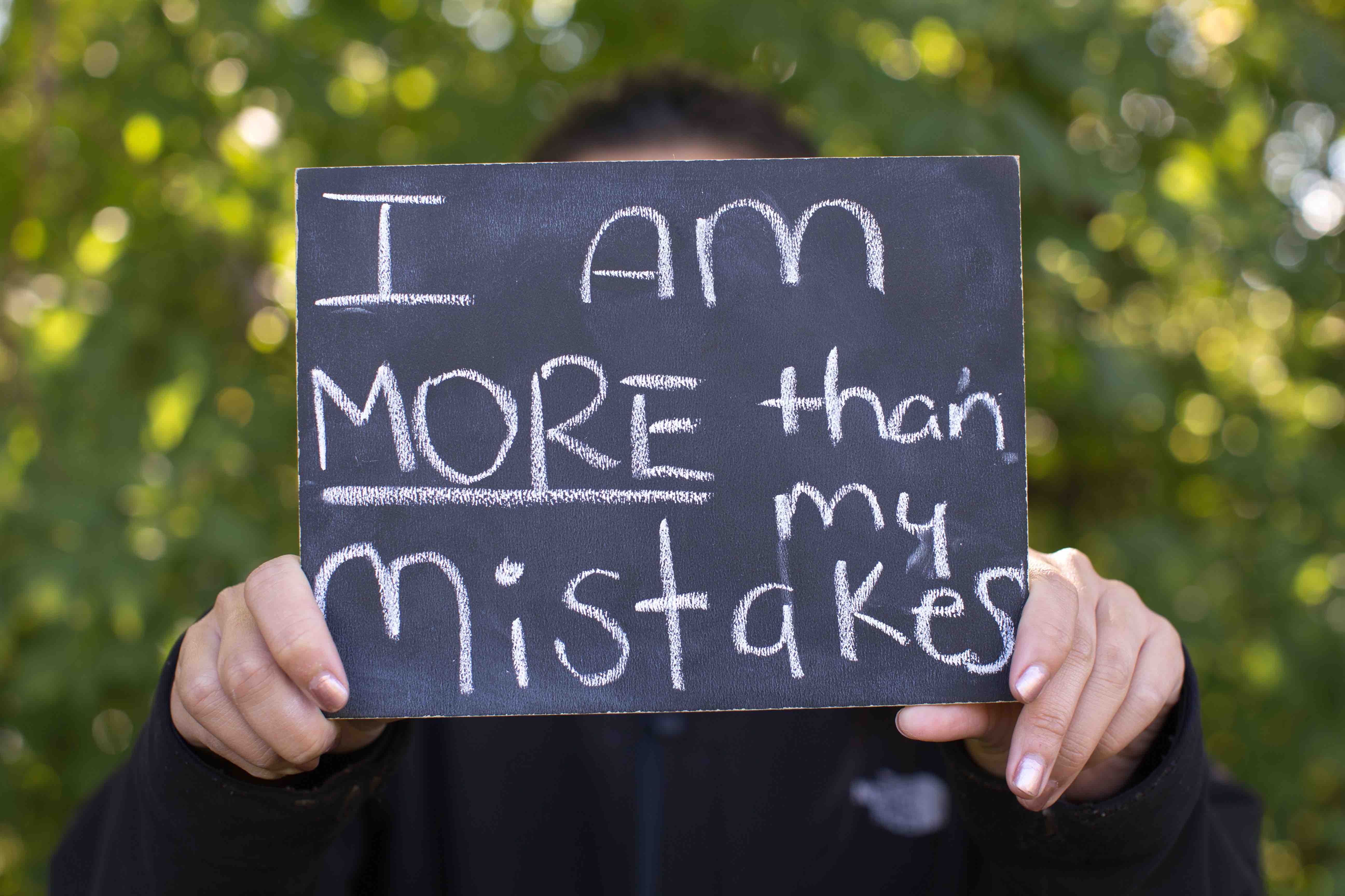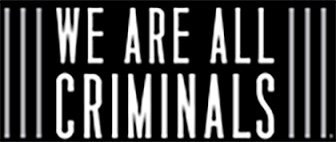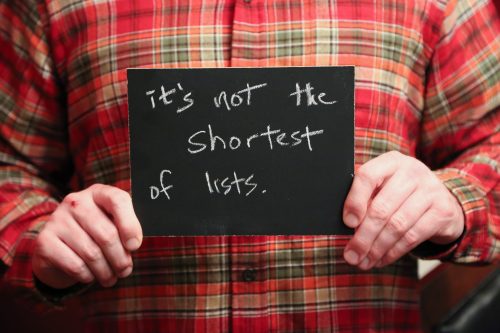We Are All Criminals is a non-profit organization dedicated to challenging society’s perceptions of what it means to be “criminal.” Through shared stories of those who committed or were accused of committing crimes, those who got away with them, and those who have been directly affected by the criminal justice system, we seek to erase the barriers that separate us.

One in four people in the United States has a criminal record.
It’s a record for something other than a minor traffic violation used by the vast majority of employers, legislators, landlords and licensing boards to craft policy and determine the character of an individual. In our electronic and data age, it typically does not disappear, regardless of how long it’s been or how far one’s come. It’s a record that prevents not only professional licensure and a gainful career path, but can also get in the way of obtaining entry-level positions, foster care licenses, entry into college, and safe housing.
One in four people has a criminal record; four in four have a criminal history
Participants in We Are All Criminals’ Luxury to Forget tell stories of crimes they got away with. Some details have been changed to help protect the participants’ identities and to abbreviate the stories; the majority of the people interviewed relayed numerous offenses, but in most cases, only one of the stories has been cataloged.
The participants are doctors and lawyers, social workers and students, retailers and retirees who consider how very different their lives could have been had they been caught. The photographs, while protecting participants’ identities, convey personality: each is taken in the participant’s home, office, crime scene, or neighborhood.
The stories are of youth, boredom, intoxication, and porta potties. They are humorous, humiliating, and humbling in turn. They are privately held memories without public stigma; they are criminal histories without criminal records.
We Are All Criminals also examines the reach of a criminal record, by sharing stories of people with loved ones who have been in the system; and WAAC shifts the focus from a deficit-based discussion to a resource-rich celebration by sharing stories of people who carry criminal records, but who are much more than their mugshot. You can find Ripple Effect stories here and More Than My Mugshot stories here.
WAAC challenges society’s perception of what it means to be a criminal. It is also a commentary on the disparate impact of our nation’s policies, policing, and prosecution: many of the participants benefited from belonging to a class and race that is not overrepresented in the criminal justice system. Permanent and public criminal records perpetuate inequities, precluding millions from countless opportunities to move on and move up. WAAC calls out the injustice in those policies.
But this goes beyond background checks. It goes beyond how we make choices of who we interview, hire, or to whom we rent. This is about how we view others by how we view ourselves.

Check out this podcast with The Society Pages’ Sarah Lageson for more info on the work (transcript of the interview here)
Copyright in all photographs and stories is the property of We Are All Criminals.


